Daniel Brophy: The Chef Killed by His Romance Novelist Wife
The Beloved Chef
Daniel Craig Brophy was a man who loved food, teaching, and people. At 63 years old, he was a respected chef and culinary instructor at the Oregon Culinary Institute in Portland.
Daniel's students adored him. He was patient, encouraging, and passionate about sharing his knowledge. Teaching wasn't just a job for Daniel—it was his calling.
He had been married to Nancy Crampton Brophy, a romance novelist, for over 25 years. To the outside world, they seemed like a happy couple.
But on June 2, 2018, Daniel's life was cut short in the most shocking way.
The Murder
On the morning of June 2, 2018, Daniel Brophy arrived at the Oregon Culinary Institute to prepare for his classes. He was alone in the kitchen when someone walked in and shot him twice.
Daniel was found dead on the floor of Kitchen One—the place where he had taught countless students, the place he loved most.
There were no witnesses. No obvious suspects. But investigators began piecing together clues that would lead them to an unlikely killer.
The Investigation
As detectives dug into Daniel's life, they discovered something chilling: his wife, Nancy, had written an essay years earlier titled "How to Murder Your Husband."
In the essay, Nancy detailed various methods of killing a spouse—including shooting—and how to avoid getting caught. She wrote about motives like money and life insurance.
At first, Nancy seemed like a grieving widow. But investigators found disturbing evidence:
•Life insurance policies: Nancy had taken out multiple policies on Daniel totaling hundreds of thousands of dollars
•Gun parts: Nancy had purchased a Glock barrel and slide kit online—parts that matched the type of gun used to kill Daniel
•Surveillance footage: Nancy's minivan was captured on camera near the culinary school the morning of the murder, despite her claims she was home
•Internet searches: Nancy's computer showed searches for ghost guns and untraceable firearms
Nancy claimed she was researching for a novel. But prosecutors argued she had written a blueprint for murder—and then followed it.
The Trial and Conviction
Nancy Crampton Brophy's trial began in April 2022. She maintained her innocence, claiming she loved Daniel and would never hurt him.
But the evidence was overwhelming. The jury deliberated for two days before reaching a verdict.
On May 25, 2022, Nancy Crampton Brophy was found guilty of second-degree murder.
On June 13, 2022, she was sentenced to life in prison with the possibility of parole after 25 years.
A Chilling Reminder
The murder of Daniel Brophy is a case where fiction became reality. Nancy Crampton Brophy wrote about how to murder a husband—and years later, she did exactly that.
Daniel Brophy deserved to grow old, to continue teaching, to live the life he loved. Instead, he was killed by the person who was supposed to love him most.
This case reminds us that sometimes, the most dangerous person is the one closest to you.
